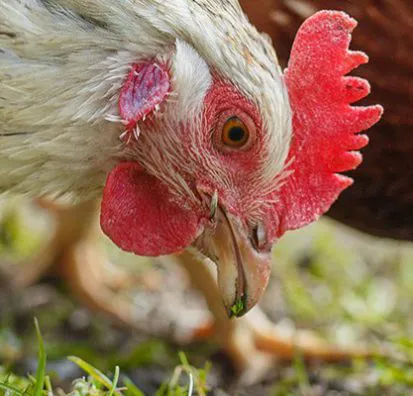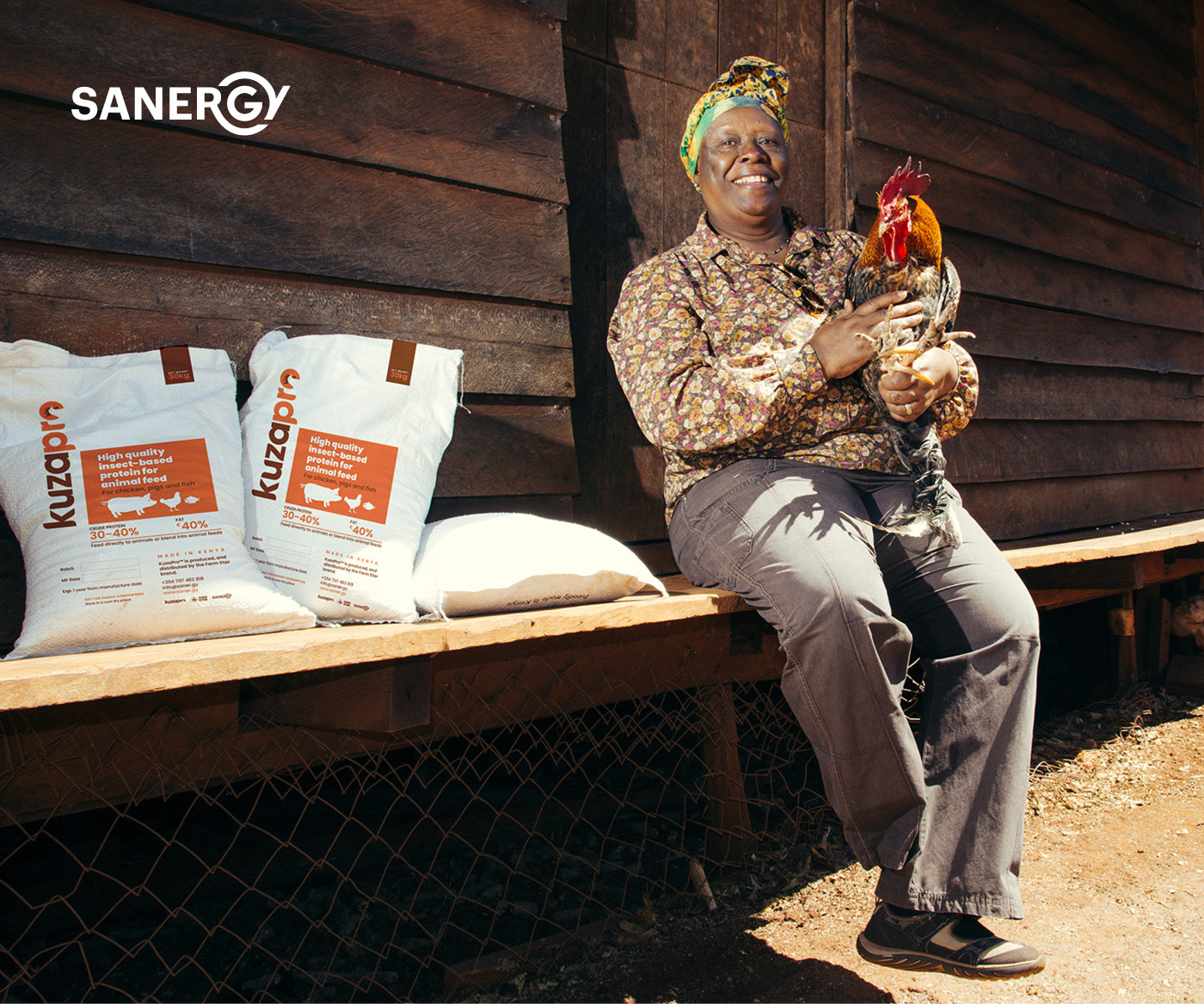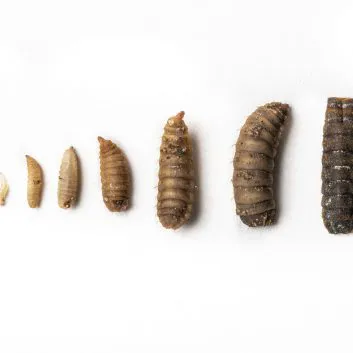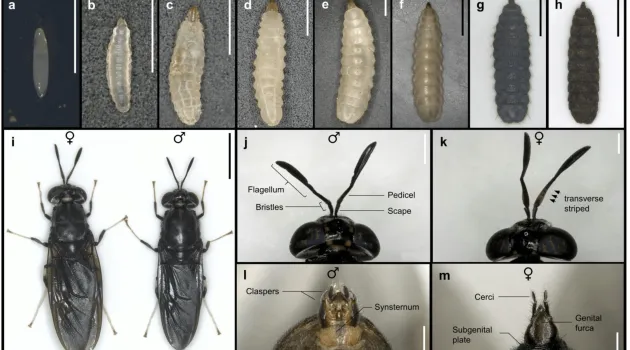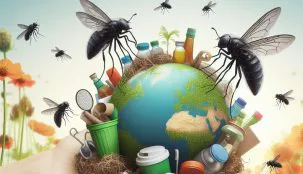Future chick: flightless BSF
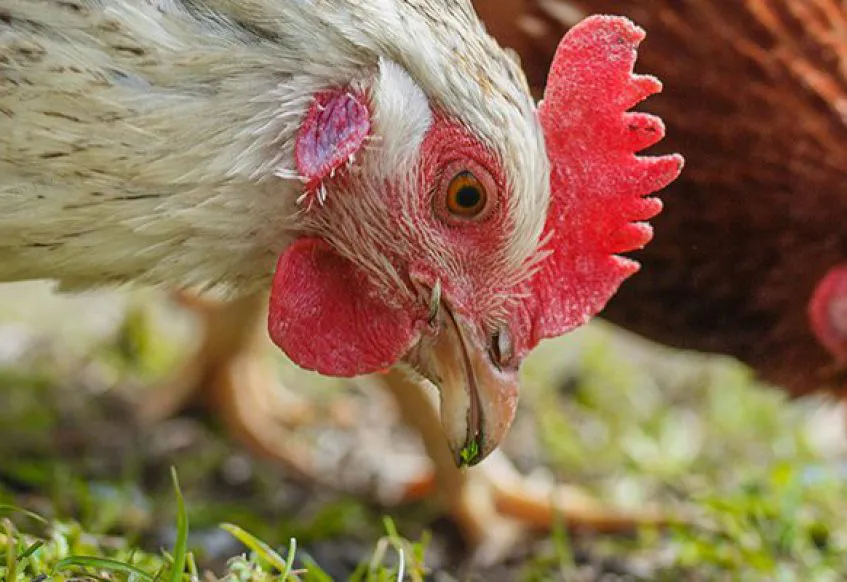
Original wild chickens were likely capable of flight, but the domestication process has altered their evolution, resulting in modern chickens that are specifically bred for muscle mass, non-flying ones. This raises the intriguing question: Could a similar path be taken with the Black Soldier Fly (BSF)?
Scientists are exploring the possibility of genetic manipulation for flightlessness in BSF, considering that the loss of flight is a well-documented phenotypic change in various domesticated animals, such as silkworms and chickens.
Let’s see one example of genetic manipulated flightless BSF

Flightless BSF adult (WT-wild type, HiVg-genetic edited). photo source: Zhan et al (2020); https://doi.org/10.1038/s41422-019-0252-6
Image potential benefits of a flightless BSF could include:
Controlled Movement
- Flightless BSF might have more predictable and controllable movement within specific environments, making them easier to manage in controlled settings.
Reduced Escape
- The inability to fly could limit the spread of BSF in certain spaces, preventing them from escaping into unintended areas.
Bioconversion
- BSF larvae are known for their efficient bioconversion of organic waste into valuable products like protein-rich biomass, oils, and chitin. Flightless individuals could potentially be more confined to a designated waste processing area.
Footprint
- Flightless BSF could potentially reduce the space requirements for a BSF colony, opening the door for the development of an industrial insect in urban environments. This reduction in space could contribute to more sustainable and efficient insect farming practices.
Exploring the flightless trait in BSF not only aligns with the pattern observed in domesticated animals but also holds promise for improved waste management and resource utilization in urban settings. As researchers delve into the potential benefits, it remains crucial to consider ecological impacts and ethical considerations associated with genetic modifications.
Comments on this post
Comment posted by akunna onuoha.:
That is nice
